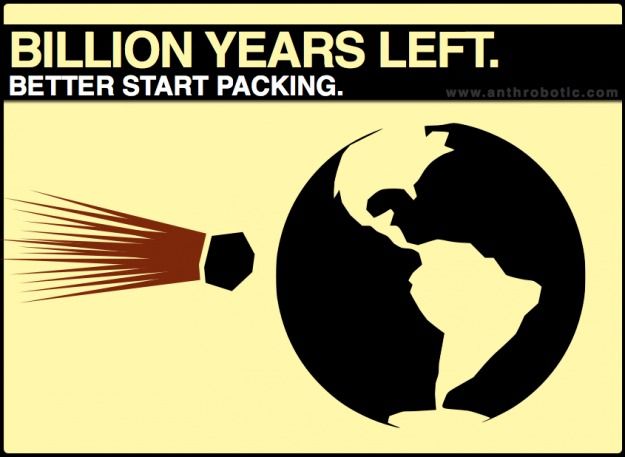Oct 1, 2012
Liquor & Glass — Sellafield/BNFL Keeping a Lid on It
Posted by Tom Kerwick in categories: engineering, ethics, nuclear energy, policy, sustainability, transparency
Fukushima reawakened the world to the dangers of nuclear power, and reading back over Fearing Sellafield (2003) by Colum Kenny recently, I reflect back on how deflective and dishonest industry can be to steer clear of critical opinion. Seeing parallels suggested in other industries today, I wonder if much has really changed.
Highly Active Liquor (HAL) produced by the reprocessing of irradiated nuclear fuel at Sellafield, reached a level of 1,500 cubic meters in storage at its peak circa 2001, the capacity of a 50 meter Olympic swimming pool. Particularly unstable, a disruption to electricity & water coolant could result in such liquor boiling, overloading the ventilation filtration systems and leading to a nuclear accident. Containing about 80 times the amount released during the 1986 Chernobyl accident according to a report for the European Parliament at that time, we are rather fortunate such a serious accident never occurred. This analysis was provided by what became known as The WISE Report — so called due to associated with the World Information Service on Energy (WISE) in Paris. In response BNFL set out to reduce this liquor to a solid form known as ‘glass’ — borosilicate glass — much safer than when kept in liquid form, and put in storage — though much of it still remains to be vitrified.
In 2000/2001, the Nuclear Installations Inspectorate (NII) of the HSE published a number of reports on aspects of Sellafield that led to causes of concern. One report in particular entitled ‘an investigation into the falsification of pellet diameter data in the MOX demonstration facility at the BNFL Sellafield site and the effect of this on the safety of MOX fuel in use’ suggested deliberate dishonesty in keeping records. BNFL subsequently complied with most of these recommendations.
Authors of the WISE report however still had concerns regarding increases in levels in certain sea discharges and aerial releases, and inconsistent with the UK’s obligations under the OSPAR Convention. It stated that the deposition of plutonium within 20km of Sellafield attributable to aerial emissions has been estimated at 160–280 billion becquerels — several times the plutonium fallout from all atmospheric nuclear weapons testing, and that 250kg-500kg of plutonium from Sellafield has been absorbed as sediments on the bed of the Irish sea ‘representing a long-term regional hazard of largely unknown proportions’. The report had been treated with caution by the European Commission and conveniently dismissed by the National Radiological Protection Board in the UK by claiming that some of the conclusions drawn in the report were based on ‘lacking objectivity’. It seems that governments are always bent towards safeguarding industry first, leaving environmental concerns and the health of our Mother Ship as a secondary issue.









